Steering Point Articles

52 Lessons I Learned in 2025
In a world where AI puts vast amounts of information at our fingertips, the joy of serendipitous discovery can feel like it’s fading. Here are some of the things I discovered in 2025. 1. Ireland’s wine industry gains global acclaim as climate warming and hybrid, fungus-resistant grapes like Rondo enable winemakers to produce award-winning wines. Transforming […]
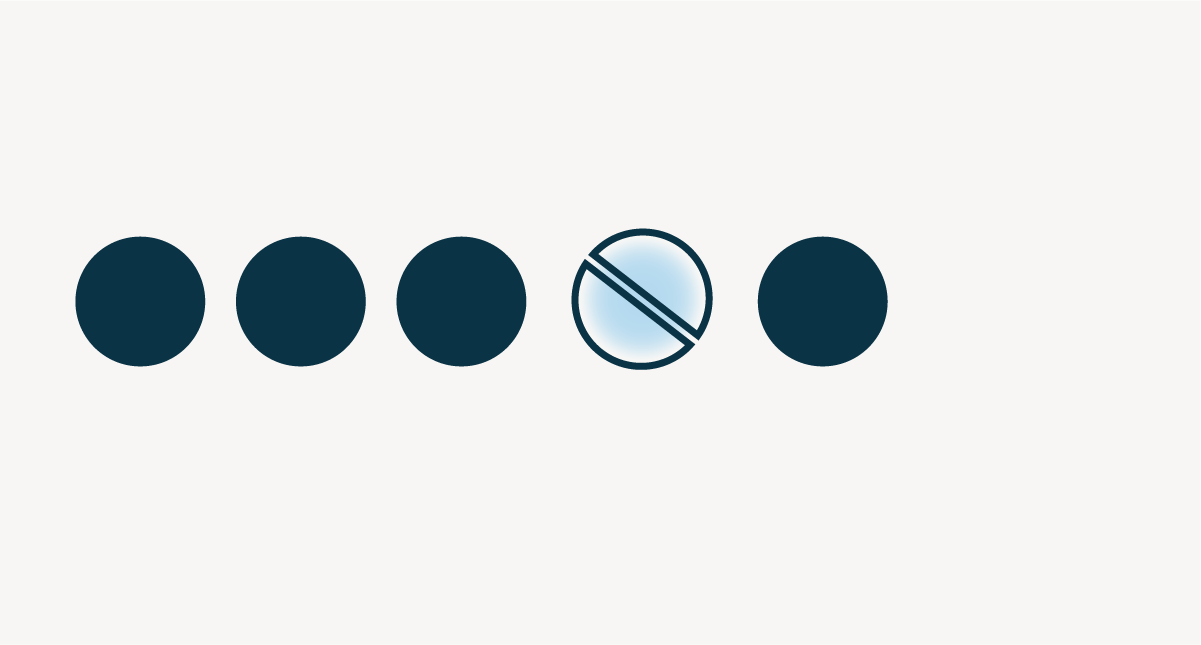
How to thrive when working part-time
Part-time employment now accounts for a substantial portion of the workforce, with women comprising the majority of part-time workers [1]. Far from being a marginal arrangement for those unwilling to commit fully to their careers, part-time work has become a critical component of the modern economy. Research has found that offering more part-time opportunities could […]
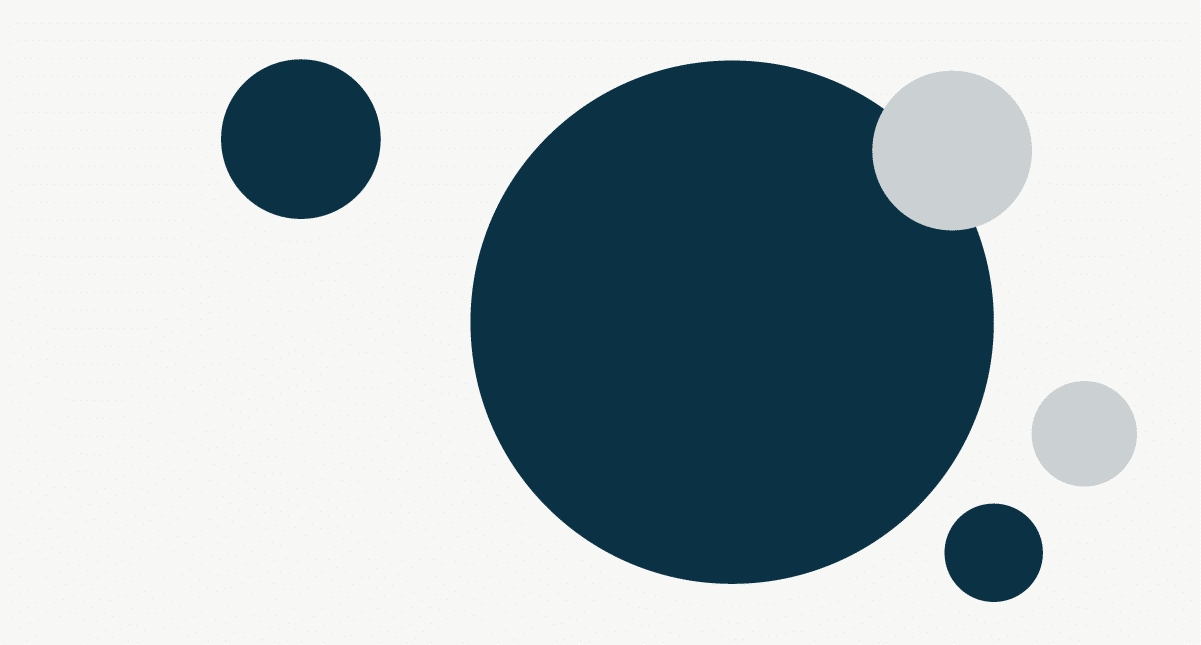
How to get through the holiday season unscathed
The festive season arrives and we’re all smiles. Yet frequently, for all the external jubilation, we internally find ourselves drowning in stress, obligation, and exhaustion. The glossy imagery of perfect families in matching pyjamas bears little resemblance to the complex realities most of us navigate during December. According to the American Psychological Association, 44% of […]

The state of Ireland’s employment market
Ireland’s employment landscape is undergoing a profound transformation. Whilst professional job vacancies rose by 10% in the second quarter of 2025 compared to the previous quarter [1], beneath this headline figure lies a more complex story of structural shifts, technological disruption, and growing economic caution that will fundamentally reshape how Irish organisations compete for talent […]
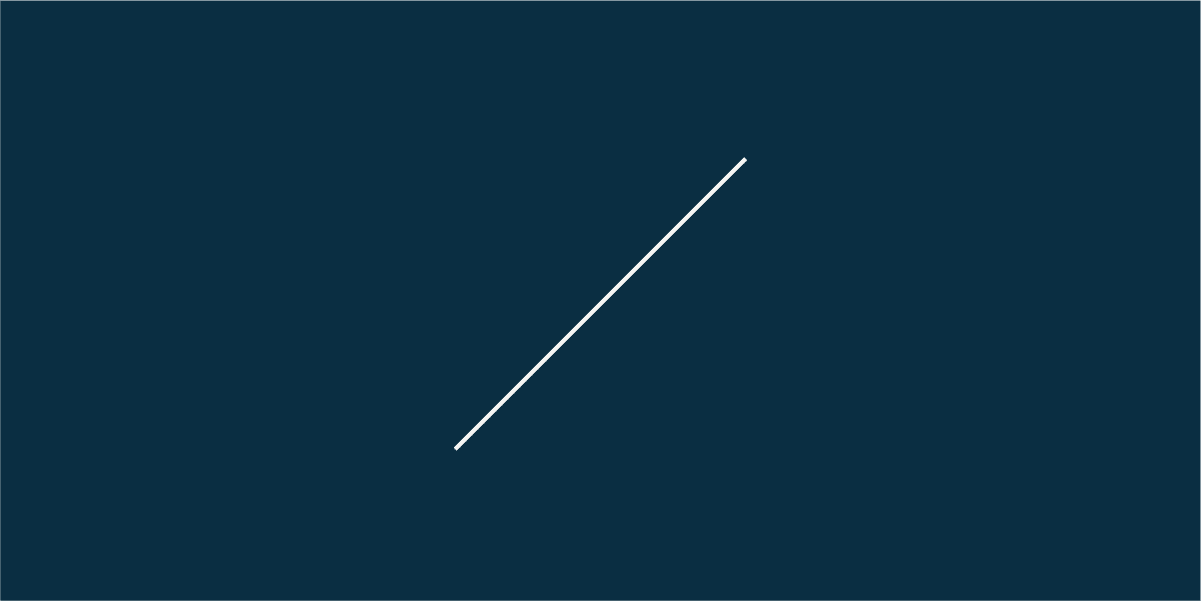
How does the UK budget affect Ireland (on both sides of the border)?
When Rachel Reeves delivered her second budget as UK chancellor on Wednesday, 26 November, the reverberations were felt far beyond Westminster. For Ireland, the implications of Reeves’ fiscal choices strike at the heart of shared economic ecosystems, from Northern Ireland’s family farms to Dublin’s financial services sector, and from betting shops in border towns to […]

How to Actually Work as Christmas Approaches
The autumn leaves have barely finished falling when the first tinsel appears in shop windows, and suddenly we’re hurtling toward December 25th at alarming speed. For most of us, this creates a peculiar cognitive dissonance. Our calendars fill with deadlines and year-end deliverables whilst our minds drift toward holiday plans, gift lists, and the promise […]

How to finish the year strong
As the calendar edges towards its final pages, a familiar psychological shift takes hold in organisations and individuals alike. Attention drifts forward. Energy dissipates. The narrative quietly becomes one of endurance rather than intention. The final weeks of the year are treated as something to survive, rather than something to shape. This reflex is understandable. […]
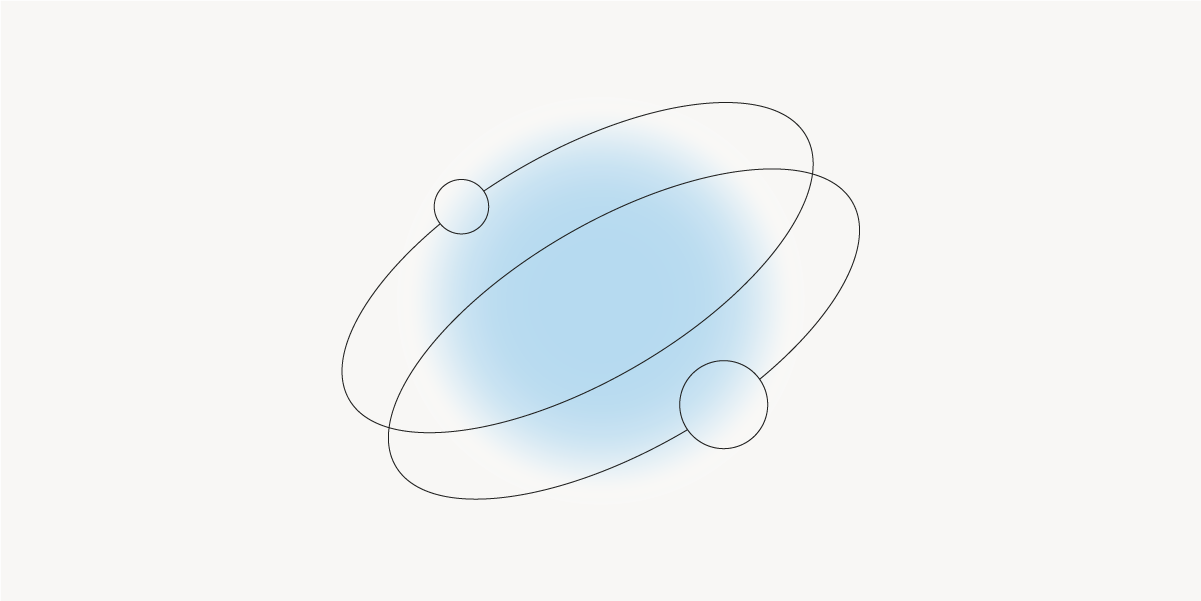
What is happening with the Dublin Airport passenger cap?
Nearly two decades after planners imposed a 32 million passenger cap on Dublin Airport, Ireland finds itself wrestling with a self-inflicted constraint that threatens its economic connectivity just as global competition for air routes intensifies. The restriction, originally intended as a temporary measure to address road congestion during the Celtic Tiger era, has become the […]
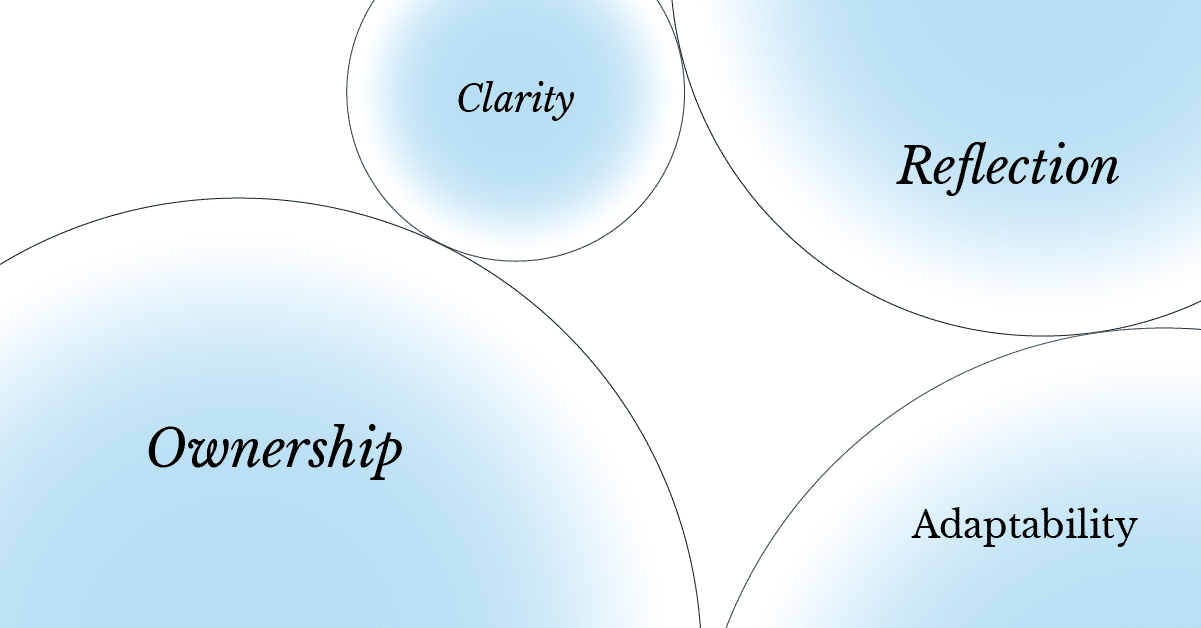
Why Less Is More: The Power of Questions in Coaching
Coaching Questions vs Coaching Lectures In every high-performing environment – sport, business, or leadership – the quality of coaching is often defined not by how much a coach says, but by how much they enable others to think. The temptation to lecture is strong and almost obvious. Under pressure, giving answers feels faster, clearer and […]

The Impact of the Housing Crisis on Ireland’s Business Landscape
Ireland’s housing crisis has evolved from a social policy concern into an existential threat to Ireland’s competitiveness. One in four small and medium-sized enterprises surveyed by Chartered Accountants Ireland reported losing employees or seeing prospective employees unable to accept roles due to the unavailability of affordable housing [1]. This represents a direct brake on economic […]
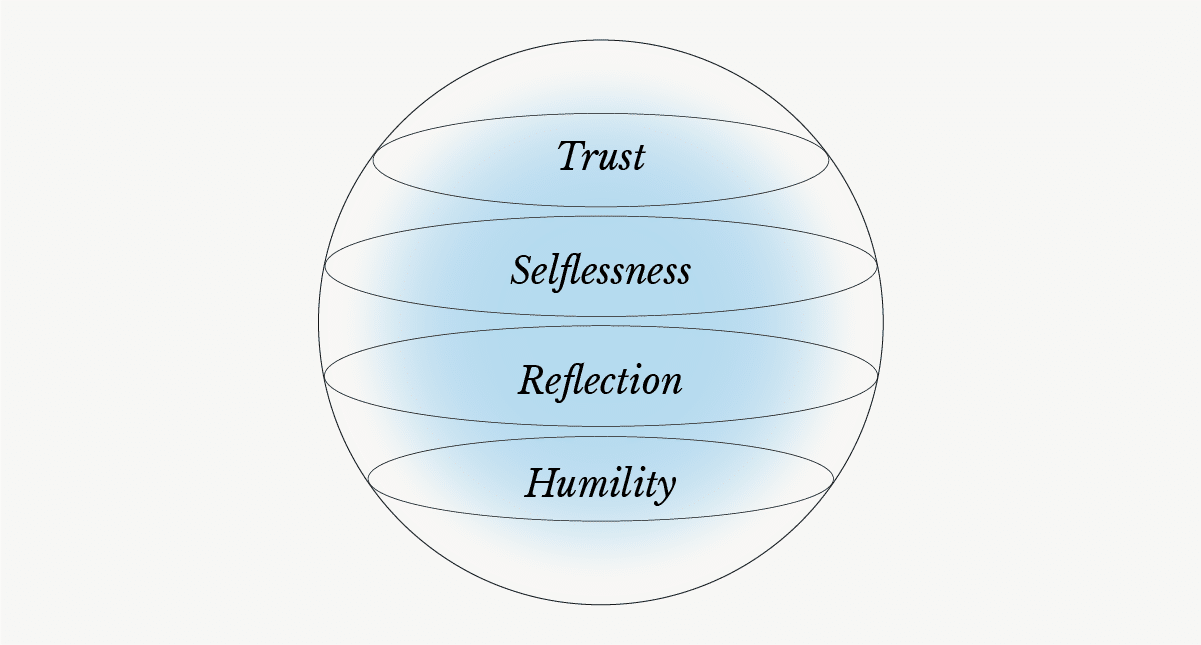
Clarity: The Hidden Currency within High Performing Teams
In every highly effective team, clarity is the invisible currency that underwrites trust, alignment, and sustained performance. It sounds simple, yet in most organisations it’s the first thing to fray under pressure. Priorities multiply, interpretations differ, information moves quickly – and ambiguity seeps in. The team’s effort becomes fragmented not because people lack capability, but […]
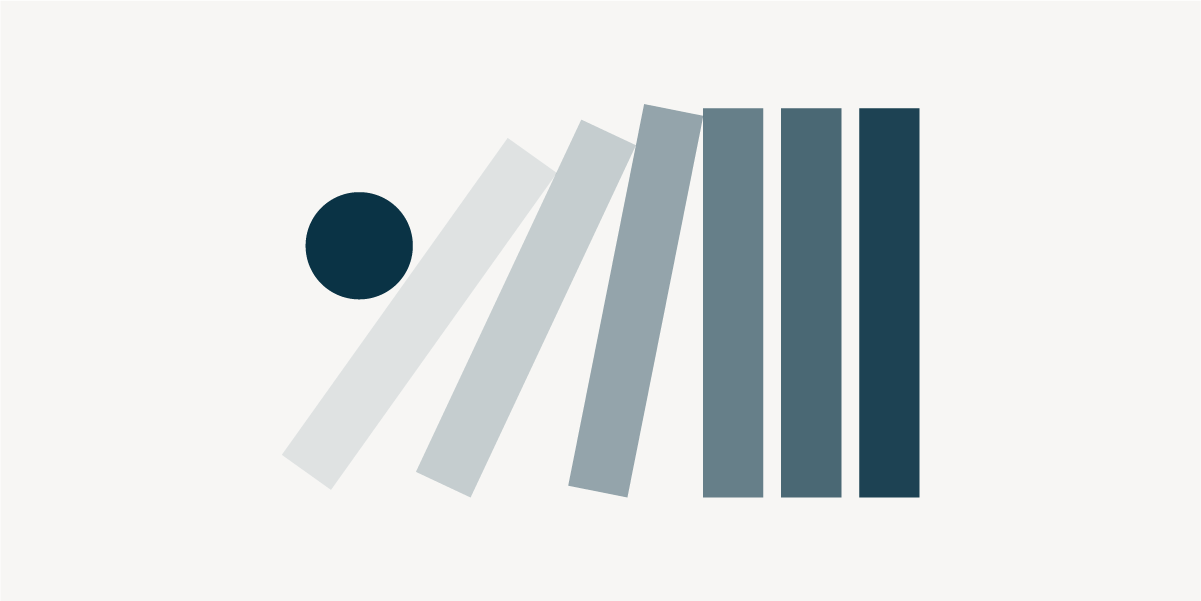
AI literacy in Ireland
The arrival of artificial intelligence in Irish workplaces and classrooms has created an urgent imperative for organisations and educational institutions to rapidly develop AI literacy amongst their people, or risk falling behind in an increasingly automated world. With the European Union’s Artificial Intelligence Act now in force, this is no longer merely a strategic consideration […]